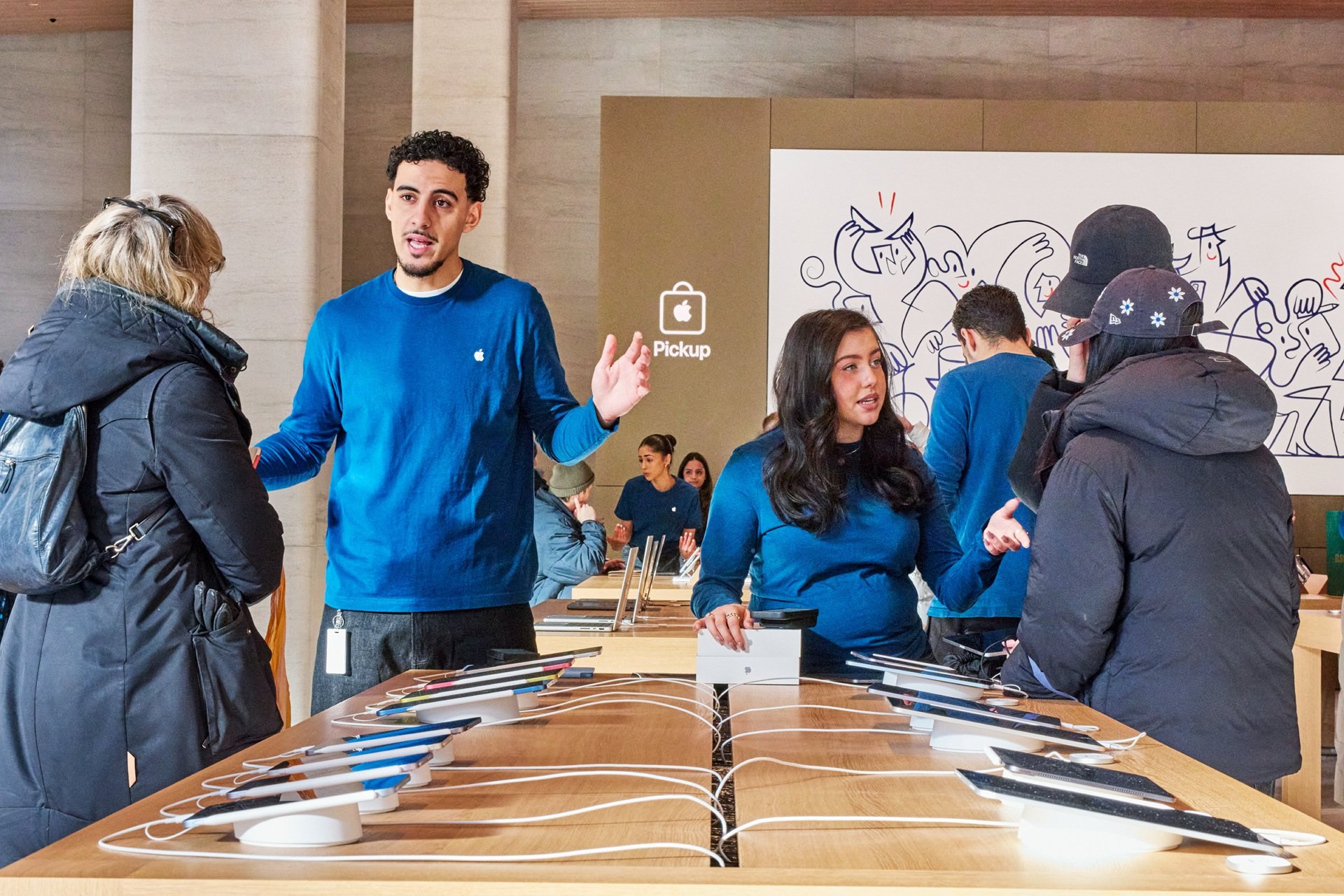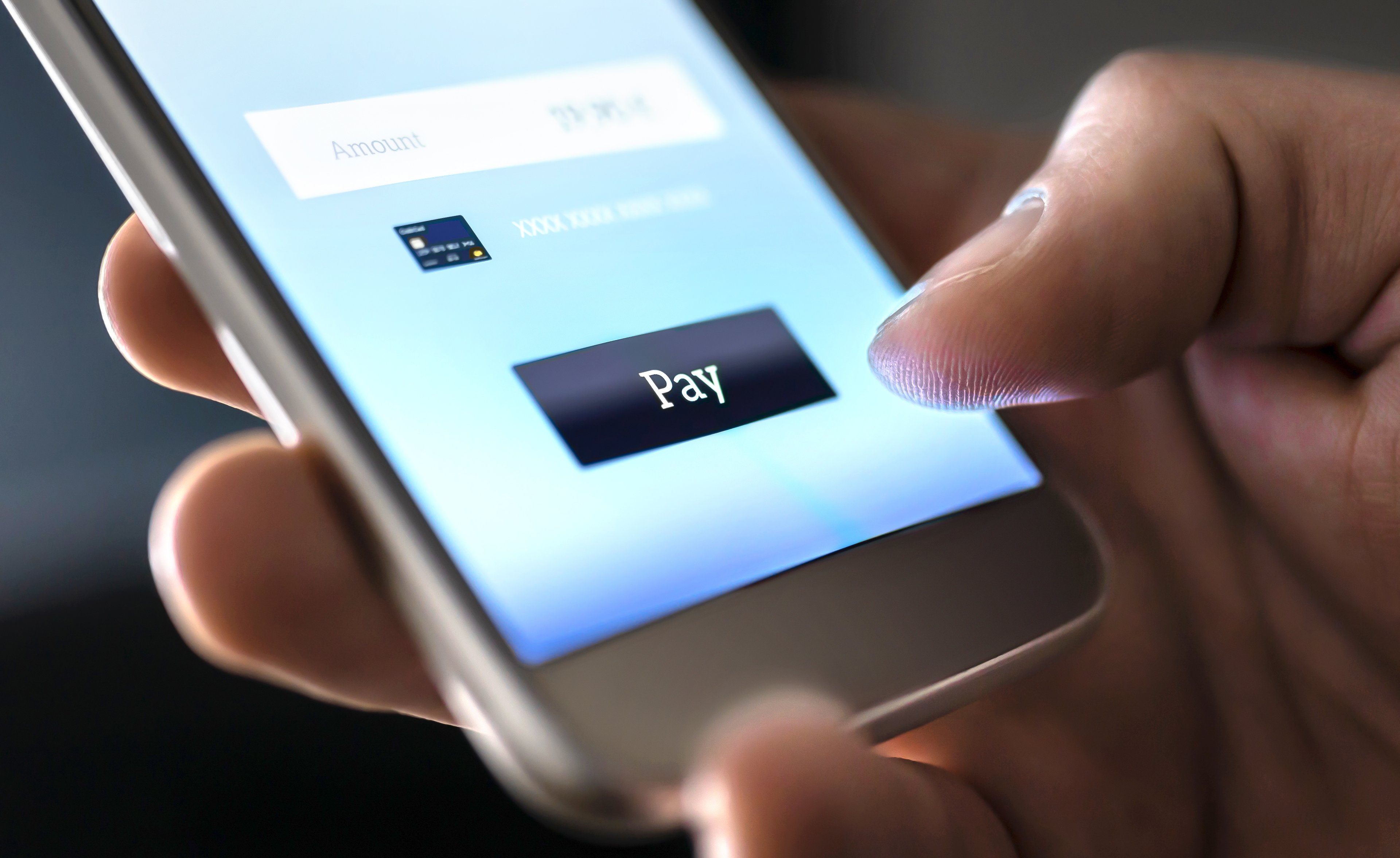Warren Buffett famously called investing "the greatest business in the world" and compared it to a baseball game without any strikes or penalties. "All day you wait for the pitch you like; then when the fielders are asleep, you step up and hit it."
But a home run in the stock market is much better than one in baseball. In the stock market, a "home run" can generate points that keep amassing for decades -- as long as your investment keeps running the bases.

Image source: Getty Images.
The barriers to the market are also low, since investors can get started with just a few thousand dollars.
For example, Amazon (AMZN 4.36%), Apple (AAPL 0.21%), and Disney (DIS 1.94%) all turned just $3,000 into over a million dollars over a few decades -- but investors had to let them run instead of cashing out.
Amazon
Amazon made its public debut at $18 per share in 1997. $3,000 would have been enough to buy 166 shares. After three splits, you would own 1,992 shares -- which would be worth about $2.3 million today.
Holding onto Amazon for that long, however, took nerves of steel. The stock went through some deep troughs, and was often called a bubble stock in its early days due to its high valuation and lack of profits. Barron's famously called the stock "Amazon dot bomb" in 1999, claiming that the "storybook stock has problems".
Yet Amazon overcame those growing pains, expanded its online bookstore into a superstore, launched new hardware products to tether users to its ecosystem, and used Prime memberships to lock them in. It also launched Amazon Web Services (AWS), which would become the biggest cloud infrastructure platform in the world and its most profitable business.
It was tough to see the online bookseller evolving into one of the biggest retailers in the world in the late 1990s, but investors who believed in founder and CEO Jeff Bezos' long-term vision were richly rewarded.
Apple
Apple made its public debut at $22 per share in 1980. $3,000 would have been enough to buy 136 shares. After four splits, you would own 7,616 shares -- which would be worth about $1.3 million today. That position would also be paying out about $19,000 in dividends every year.
But like Amazon, the bears doubted Apple's long-term growth potential for years. Regulators in Massachusetts barred residents from buying the IPO on grounds that it was overvalued and too "risky". Apple also struggled to follow up its first hit product, the Apple II, with another comparable hit.

Image source: Apple.
Co-founder Steve Jobs was ousted in 1985, and the company languished with poorly received products which floundered in a Windows-dominated PC market. Apple wouldn't get its mojo back until Jobs' return as the company's CEO in 1997 -- which ushered in a new golden age for the company with the iMac, iPod, iPhone, and iPad.
It was impossible to predict what would happen to Apple back in the early 1980s. But investors who stuck around are much richer today.
Disney
Disney made its market debut in 1957 at $13.88 per share. $3,000 would have been enough to buy 216 shares. After six post-IPO splits, you would have 82,944 shares -- which would be worth over $9 million today. You would also receive over $139,000 in dividends every year.
But to reach that point, you would have needed a lot of patience. Disney lost its way after the death of founder Walt Disney in 1966, and the bear market of the 1970s took a bite out of its theme park attendance and box office revenues.
Disney only recovered after Michael Eisner, the former CEO of Paramount, became the company's CEO in 1984. Under Eisner, Disney acquired Touchstone Pictures, Capital Cities ABC, ESPN, and other higher-growth media properties to diversify into television and adult-oriented content.
Throughout the 1990s, Eisner oversaw the "Disney Renaissance" which revived its animated film business with hit films like The Little Mermaid, Beauty and the Beast, Aladdin, and The Lion King.

Image source: Disney.
Eisner's successor, Bob Iger, further expanded Disney's media footprint with its acquisitions of Pixar (from Steve Jobs), Marvel, Lucasfilm, and 21st Century Fox's media assets.
The key takeaways
It would be naive to claim that investors can simply "buy and forget" a few stocks and eventually become millionaires. It also requires a lot of luck, research, and patience.
But the key lesson here is that investors shouldn't sell a stock too early even if it double, triples, or quadruples, since there could be much bigger gains down the road.








